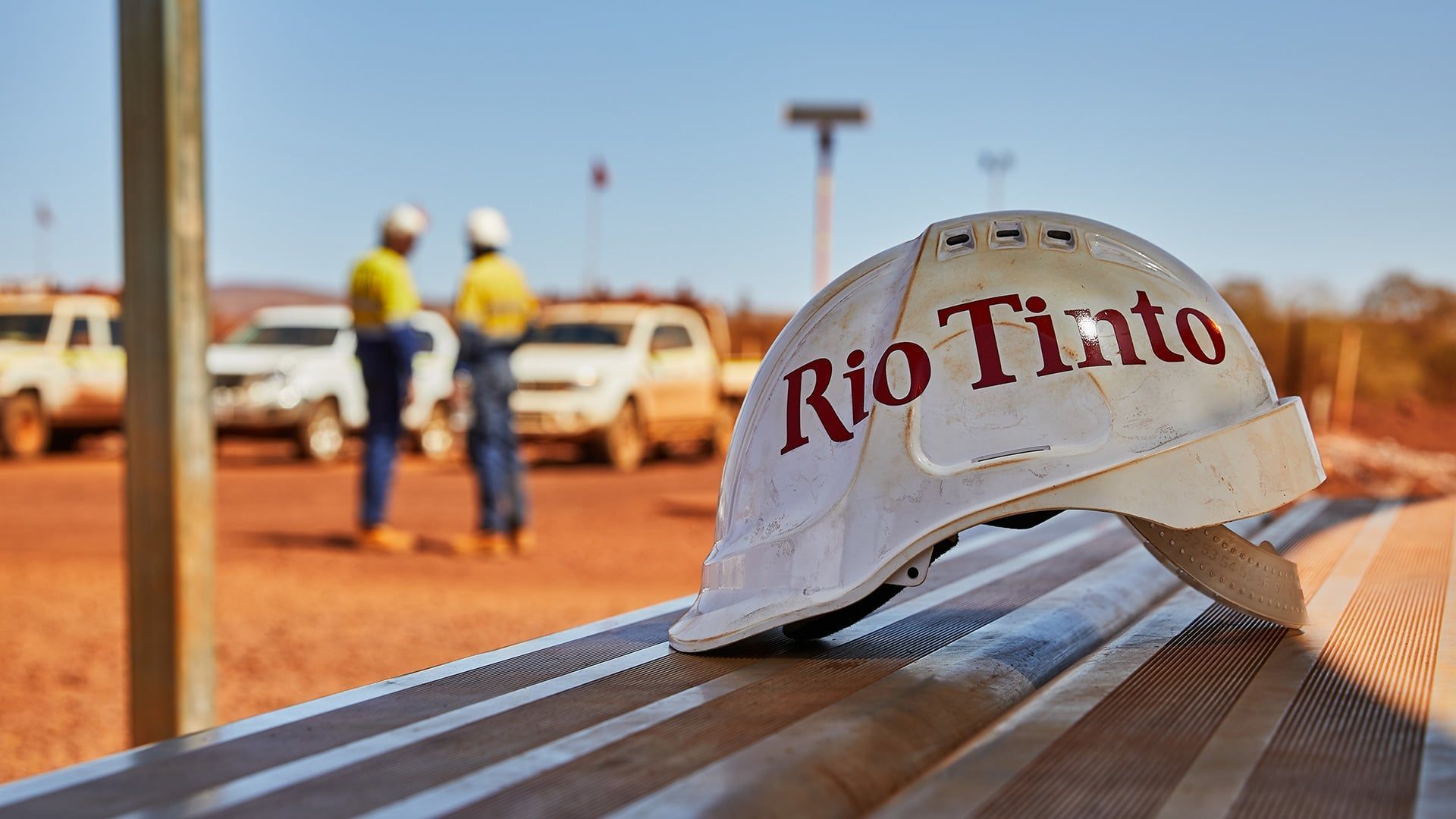Is greater access to Commonwealth workers’ compensation and WHS regimes on its way?
By Sarah Harrison and Nicholas Beech
Proposed changes to the Safety, Rehabilitation and Compensation laws will make the Comcare scheme more accessible by permitting ‘national employers’ to obtain self-insurance licences and will extend Commonwealth WHS laws to apply to new self-insurers. Employers who operate in more than one Australian State or Territory may wish to consider this scheme as a means of ensuring consistency of their insurance and safety legislative requirements and potentially claims management processes.
Background
The Safety, Rehabilitation and Compensation Act 1988 (SRC Act) provides rehabilitation and workers’ compensation arrangements for Commonwealth and Australian Capital Territory Government employees, as well as employees of a small number of private corporations. Eligible private corporations can apply for a licence to self-insure for workers’ compensation purposes. Presently a private corporation must meet a ‘competition test’ to be eligible to apply for a licence. Very few corporations are able to do so.
Generally, if a private corporation holds a licence its employees are also covered by the Commonwealth’s Work Health and Safety Act 2011 (WHS Act). However, in anticipation of national harmonisation of work health and safety laws, presently under the WHS Act new entrants to the Comcare scheme are not covered by the Commonwealth WHS regime and must retain coverage and comply with the WHS or OHS laws of each jurisdiction in which they operate.
Proposed changes to Commonwealth Comcare Scheme
The Australian government has recently introduced changes to the Comcare scheme that seek to expand access for national employers to compensation and work health and safety coverage.
If passed, the Safety, Rehabilitation and Compensation Amendment Bill will, among other things, replace the existing competition test with a ‘national employer’ test and will extend Commonwealth WHS laws to apply to new self-insurers. These proposals follow the recommendations of several inquiries and extensive national consultation and are designed to reduce the compliance and cost burdens on multi-state employers.
A corporation will be a national employer if it is:
a. required to meet the obligations of an employer under a workers’ compensation law of an Australian jurisdiction; and/or
b. a self-insurer or self-insured employer within the meaning of a workers’ compensation law of an Australian jurisdiction,
in two or more Australian jurisdictions.
The Bill will also make amendments that will allow for a group licence to be granted to an eligible group of corporations removing the present need under the SRC Act for each corporation in the group to apply for a single licence.
At the ground level, it is also proposed to modify the compensation entitlements by excluding access to workers’ compensation where:
a. injuries occur during recess breaks away from an employer’s premises; or
b. a person engages in serious and wilful misconduct, even if the injury results in death or serious and permanent impairment.
Who does this affect?
Employers operating in two or more Australian jurisdictions.
How the changes may affect you
If the changes are passed national employers will be able to apply directly to the Safety Rehabilitation and Compensation Commission for a self-insurance licence. This option provides for a streamlined one-step eligibility and application process. It will still be necessary for corporations to meet stringent financial, prudential and work health and safety performance requirements presently imposed on prospective self-insured employers.
The potential added benefit of obtaining a licence is reduced workers’ compensation law compliance with national employers only needing to comply with a national regulator and a single WHS regime. This single system should overcome inequalities in benefits for workers, provide clarity and consistency around compliance and reduce management costs. It could allow corporations to consolidate the number of advisors that manage its claims in the jurisdictions in which it operates which in turn should facilitate more efficient identification of common issues and responsive steps.
These potential changes may be welcome to corporations operating in multiple Australian jurisdictions, particularly those who have operations in Western Australia, Victoria and Queensland where the model work health and safety laws have not yet been adopted, won’t be adopted or are presently being amended as it will ensure consistency of duties and benefits across the country.
Contact Us
We will get back to you as soon as possible.
Please try again later.
Zenergy News

Contact Us
For more information on our services feel free to email us on -
info@zenergygroup.com.au or call 1300 333 400
Sydney
25 Brisbane Street
Surry Hills
Sydney NSW 2010
Melbourne
Level 23, Tower 5, Collins Square
727 Collins Street
Melbourne VIC 3008
Brisbane
Level 54, 111 Eagle Street
Brisbane QLD 4000
Perth
108 St Georges Terrace
Perth WA 6000
Recent News

© ZENERGY 2022 | Privacy Policy |







